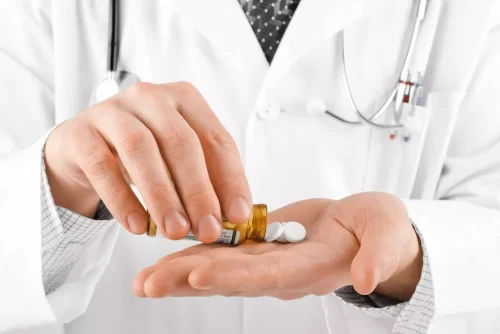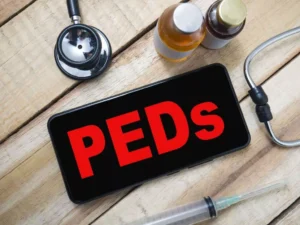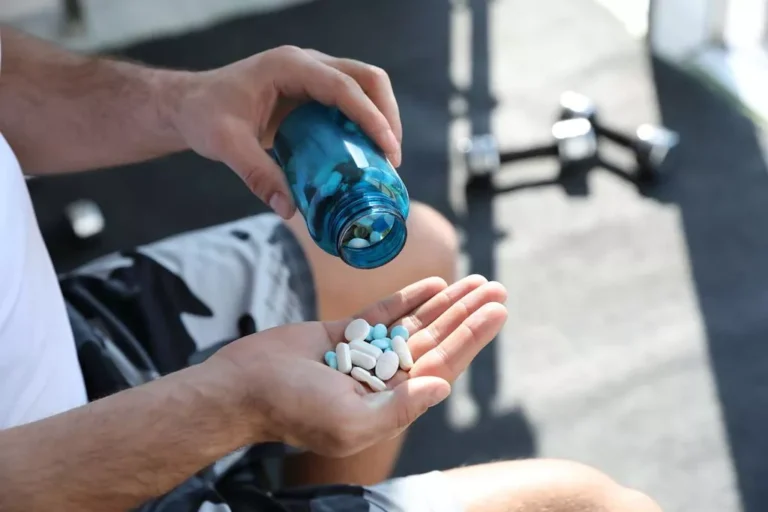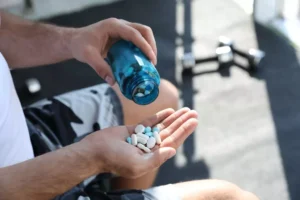
If one hasn’t undergone behavioral therapy or counseling that targets people who abused alcohol, it is advised to enroll in such a program. Learning not to react impulsively to negative thoughts and feelings is an integral lesson of behavioral therapy. During these sessions, people in recovery are taught how to tide over negative thoughts and feelings that daily living stresses almost inevitably bring on. If they cannot cope with negativity healthily, they feel compelled to reach out for a drink. According to the Semel Institute, alcohol rehab about 75% of all people who struggle with alcohol abuse will develop some form of post-acute withdrawal symptoms. It means that most addicts with PAWS will manifest signs like depression, fatigue, or psychosocial dysfunction.
Dry January: A Positive Start to the New Year
Dry drunk syndrome refers to the experiences of someone who is in sobriety but continues to display behaviors and experiences similar to the ones they endured when they were drinking. Imagine cutting sugar out of our diet but continuing to suffer its same negative effects. That can be confusing and discouraging — just as dry drunk symptoms are for someone cutting out alcohol. Sobriety is not just a destination to arrive at after quitting alcohol, going through detoxification, and attending a rehab program; sobriety is a lifelong journey. The belief is that once they have quit drinking or completed rehab, there will be an improvement in all the currencies of their lives. So when this doesn’t happen or happens too slowly, discouragement, frustration, and depression set in.
Mental Health & Sober Living FAQs

The 12-step recovery community’s early circles are where the colloquial term “dry drunk syndrome” first appeared. If you have quit drinking but are still struggling with the negative and destructive attitudes and feelings you did during active addiction, you may be dealing with dry drunk syndrome. For the creators of the Alcoholics Anonymous groups, the dry drunk syndrome timeframe is a dangerous breaking point for physically and mentally giving up drinking.
- Integrated treatment involves treating both disorders at the same time.
- A person in recovery should also try to focus on the progress that they have made so far.
- Finding an integrative treatment program that addresses both disorders at once can help address your mental health condition while supporting your recovery.
Health Conditions

We believe trust, meaningful connections, and kindness are the essentials to beginning a journey in recovery. Our Treatment Center is dedicated to providing an honest, authentic, and genuine treatment environment that gives our clients a unique opportunity for healing. It should be said there is so much stigma related to addiction that many recovery professionals are unlikely to refer to anyone as a “drunk,” much less a dry one. Even though addiction is a highly treatable disorder, it has similar rates of relapse when compared to other chronic illnesses, such as diabetes, asthma, and high blood pressure.

- Most don’t magically quit, turning their life into roses and sunshine.
- Our alumni network provides ongoing support, check-ins and opportunities for continued growth.
- The risk factors for developing Dry Drunk Syndrome will vary, but there are some common circumstances that can exacerbate it.
- Let’s review some signs, distinct indications, and symptoms that you’re dealing with dry drunk syndrome.
- Recovery programs like those we offer at CenterPointe Recovery Center address both psychological and physical dependence, ensuring comprehensive care that targets the root causes of addiction.
If a person experiences symptoms of PAWS, they should not feel defeated. The experience of AUD recovery can vary significantly among individuals. There is no right or wrong way for a person to recover from AUD, so a person should not compare their recovery journey with that of other people. Talking to loved ones about what you’re experiencing and sharing as much as you feel comfortable with can help them understand your distress.
- People may leave rehab feeling energized and optimistic about recovery.
- Collaborating with esteemed organizations like Epiphany Wellness and Ocean Recovery, Amanda has produced valuable and enlightening content that empowers individuals on their path to recovery.
- The expression Dry Drunk refers to an individual exhibiting many of the addictive behaviors, emotions, perspectives and choices of someone in active addiction, even though they are sober.
Alcohol Abuse Statistics
All information provided in featured rehab listings is verified by the facility officials. The details are kept up to date to help people with addiction treatment needs get the most full and precise facts about the rehabilitation facility. If you’re ready to seek treatment for alcoholism or would like to know more about your treatment options, American Addiction Centers (AAC) https://ecosoberhouse.com/article/dry-drunk-syndrome-symptoms-and-how-to-cope/ can help.